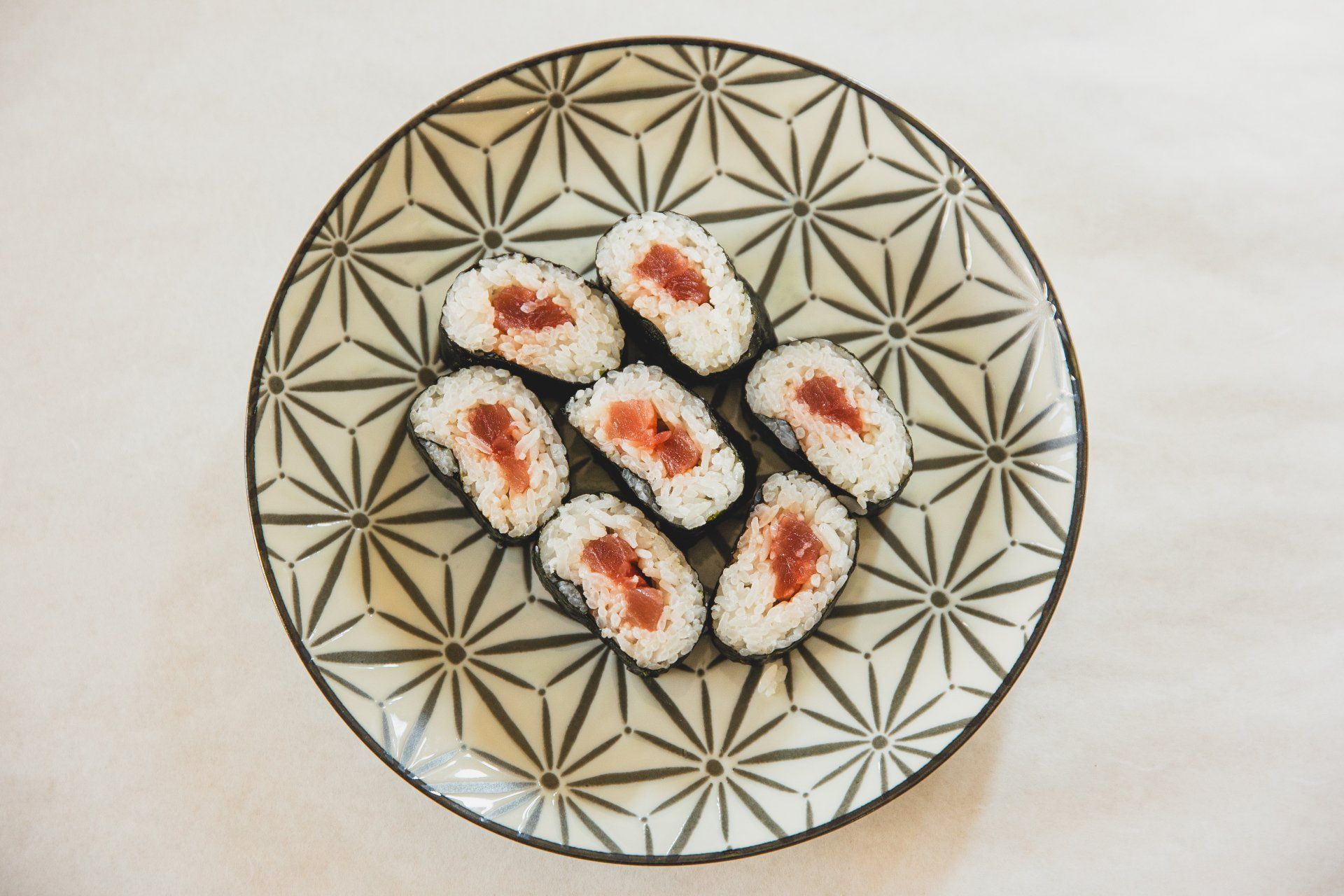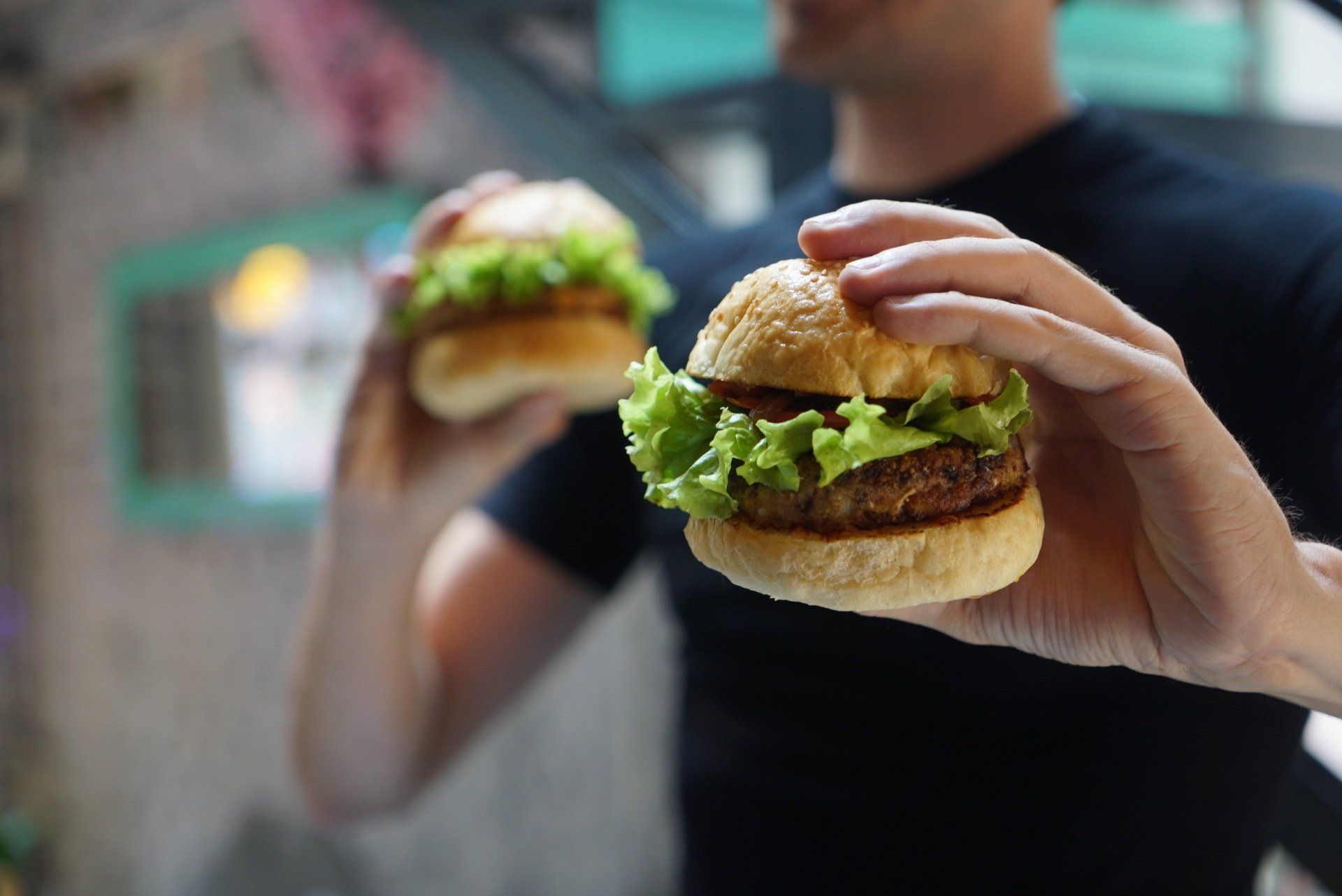Is Our Obsession With The Nutritional Value of Food Making Us Fat & Depressed?
When it comes to food, most Americans have a pretty narrow view of what it means. We tend to think of it as just fuel for our bodies, something that we need to survive and keep us going. But there's so much more to food than just its nutritional value. Food can be a powerful tool for building connections, creating community, and providing comfort and a sense of belonging, not just during the holidays, but all year round.
Food as Nutrients
Researchers refer to this way of thinking about food as "food as nutrients." We're so focused on whether a food is good or bad for us, whether it will make us skinny or fat, healthy or sick, that we miss out on all the other benefits that food can provide. Instead, we just join one
weight loss program after another. We miss out on the aesthetics of food, the rituals that we can create around it, and the emotional, physical, and spiritual nourishment that it can offer.
Think about it this way: why set the mood with candlelight if you're only eating for sustenance? Why hold hands and say a prayer in gratitude if food is just a source of energy? Why tap a Tibetan singing bowl to concentrate the mind if food is just for the body? If food is only important for the nutrients it contains, then it doesn't matter what you serve it on or who you eat it with. Rituals don't matter. Traditions don't matter.
But when we start to think about food in a more expansive way, all of a sudden, those rituals and traditions become incredibly important. They add depth and meaning to our meals, and they help us to appreciate and enjoy the food that we're eating on a deeper level.
How “Food As Nutrients” Harms Us
Unfortunately, the "food as nutrients" mindset can actually work against our efforts to lose weight. When we're only focused on the nutritional value of food, we start to see it as either good or bad, and we start to feel guilty when we indulge. But pleasure is an important part of the eating experience, and we should be able to enjoy our food without feeling guilty or ashamed.
Instead of focusing on the nutritional value of food, we should be focusing on the pleasure that it can bring us. We should be looking for ways to create rituals and traditions around our meals, to make them more special and meaningful. We should be looking for ways to make our food look and taste as good as possible, rather than just focusing on whether it's good or bad for us.
And when we start to think about food in this way, we'll find that we're able to lose weight and maintain a healthy lifestyle without feeling like we're constantly depriving ourselves. We'll find that we're able to enjoy our food without guilt or shame, and that we're able to appreciate the beauty and meaning that it can bring to our lives.
The “food as nutrients” perspective limits our understanding of the symbolic value and emotional, physical and spiritual nourishment food provides. We should shift our focus to the pleasure, aesthetics and rituals that food can bring us, instead of constantly worrying about its nutritional value. We should also focus on the social aspect of food, the community and connection it can bring.
Expanding Away From A Limited Meaning of Food
By understanding the symbolic and emotional value of food, we can start to appreciate it in a whole new way. We can start to see it as more than just fuel for our bodies, but as something that can bring us pleasure, comfort, and a sense of belonging. We can start to create rituals and traditions around our meals, and to appreciate the beauty and artistry that goes into preparing and serving food. And by understanding the social aspect of food, we can start to see how it can bring us together and create a sense of community.
So let's give food a new meaning, one that is more expansive and inclusive. Let's start to appreciate the full range of benefits that food can bring to our lives, and let's start to see it as something more than just fuel. By doing so, we can start to create a deeper and more meaningful relationship with food, and we can start to enjoy it in a whole new way.
Placing Everything Under Food Culture
To understand how we developed the idea that food is simply a collection of nutrients that aids health, we need to look at our overall food culture.
Food culture refers to the beliefs, values, customs, behaviors, and artifacts associated with the production, distribution, and consumption of food. It encompasses everything from the way food is grown, prepared, and served, to the social and cultural significance attached to different foods and meals.
Food culture is an integral part of our daily lives, shaping our attitudes and behaviors towards food, as well as our overall health and well-being.
One of the main ways that food culture affects what and how we eat is through the creation of social and cultural norms around food. These norms can be both positive and negative, influencing the types of food we choose to eat, as well as the way we eat them.
For example, in some cultures, it is considered rude to leave food on your plate, while in others, it is considered wasteful. Similarly, in some cultures, it is expected that everyone will eat together at the same time, while in others, people may eat at different times or alone.
Unfortunately, in recent years, we have experienced a number of detrimental changes to food culture. One of the most significant is the increasing prevalence of fast food and processed foods, which are high in calories, fat, sugar, and salt, and low in nutrients.
This has contributed to the rise of obesity and diet-related chronic diseases such as diabetes and heart disease. Additionally, the rise of technology and social media has led to an increasing disconnection from food and from the people we eat with. We are now more likely to eat on the go, in front of a screen, or alone, which can make it harder to appreciate food, to notice when we are full, and to connect with others.
To build a more positive food culture, we need to focus on health promotion rather than disease deficit. This means shifting our focus from simply trying to prevent illness to actively promoting health and well-being. We can do this by encouraging people to connect with their food, to appreciate its taste, texture, and appearance, and to savor it slowly.
We can also encourage people to cook more, to eat with others, and to be mindful of their eating habits. Additionally, we can work to make healthy food more accessible and affordable, and to promote food literacy and education.
Obviously, food culture plays a major role in shaping our attitudes and behaviors towards food, as well as our overall health and well-being. By understanding the symbolic and emotional value of food, we can start to appreciate it in a whole new way. We can start to see it as more than just fuel for our bodies, but as something that can bring us pleasure, comfort, and a sense of belonging.
We can start to create rituals and traditions around our meals, and to appreciate the beauty and artistry that goes into preparing and serving food. And by understanding the social aspect of food, we can start to see how it can bring us together and create a sense of community.
How Changing Food Culture Affects Weight
Losing weight is a common goal for many people, but it can be difficult to achieve when our food culture is working against us. Food culture refers to the beliefs, values, customs, behaviors, and artifacts associated with the production, distribution, and consumption of food. It shapes our attitudes and behaviors towards food, making it difficult to break bad eating habits and achieve weight loss goals.
One of the main ways that food culture affects weight loss is through the creation of social and cultural norms around food. For example, in some cultures, it is considered rude to leave food on your plate, which can lead to overeating. Similarly, in some cultures, it is expected that everyone will eat large portions, which can contribute to weight gain.
In recent years, we have experienced a number of detrimental changes to food culture that have made it even harder to lose weight. The increasing prevalence of fast food and processed foods, which are high in calories, fat, sugar, and salt, and low in nutrients, has contributed to the rise of obesity and diet-related chronic diseases.
Additionally, the rise of technology and social media has led to an increasing disconnection from food and from the people we eat with. We are now more likely to eat on the go, in front of a screen, or alone, which can make it
Summary
The Limiting Definition of Food
Most Americans have a limited definition of food, seeing it only as a source of fuel and focusing on its nutritional value. This single-minded focus on food as fuel prevents us from valuing the aesthetics, rituals and emotional and spiritual nourishment that food can provide.
This narrow definition is referred to as "food as nutrients" and it has led to an obsession with the medical advantages of food, and the development of a moral classification system that tags every food as either healthy and good or unhealthy and bad, which can make pleasure and comfort food the enemy of weight loss.
The Negative Impact of Food Culture on Weight Loss
Food culture shapes our attitudes and behaviors towards food, making it difficult to break bad eating habits and achieve weight loss goals. Social and cultural norms around food, such as the expectation to eat large portions, can contribute to weight gain.
Additionally, in recent years, we have experienced a number of detrimental changes to food culture that have made it even harder to lose weight, such as the increasing prevalence of fast food and processed foods, and the rise of technology and social media which have led to an increasing disconnection from food and from the people we eat with.
Promoting Health Through Positive Food Culture
Instead of focusing on disease deficit and dieting, we can shift our perspective to health promotion by building a more positive food culture. This means valuing the aesthetics, rituals, and emotional and spiritual nourishment that food can provide. It also means connecting with food and the people we eat with, and promoting healthy eating habits by focusing on the pleasure and satisfaction of eating rather than just the nutritional value. By shifting our focus to health promotion, we can break the cycle of dieting and moralizing food, and instead cultivate a more positive relationship with food that can ultimately lead to weight loss.
References:
Wansink, B., & Sobal, J. (2007). Mindless eating: The 200 daily food decisions we overlook. Environment and Behavior, 39(1), 106-123.- Coveney, J., & Sobal, J. (2009). Meals as moments: A qualitative examination of meal-related memories. Appetite, 52(2), 312-321.
- Sobal, J., & Wansink, B. (2007). Kitchenscapes, tablescapes, platescapes, and Food and Meals: Symbolic and Material Culture. Social Science & Medicine, 64(12), 2403-2412.
- Wansink, B., & van Ittersum, K. (2013). Portion size me: Downsizing our consumption norms. Journal of the Academy of Nutrition and Dietetics, 113(1), 91-93.
- Wansink, B. (2006). Mindless eating: Why we eat more than we think. New York: Bantam Dell.
- Counihan, C. M., & Van Esterik, P. (Eds.). (1997). Food and culture: A reader. Routledge.
- Gustafson, D., & Wansink, B. (2015). Mindless Eating Challenge: A 30-Day Program to Break Your Bad Eating Habits and Enjoy More Mindful Me










